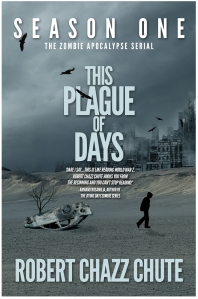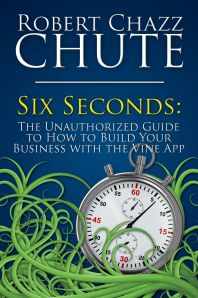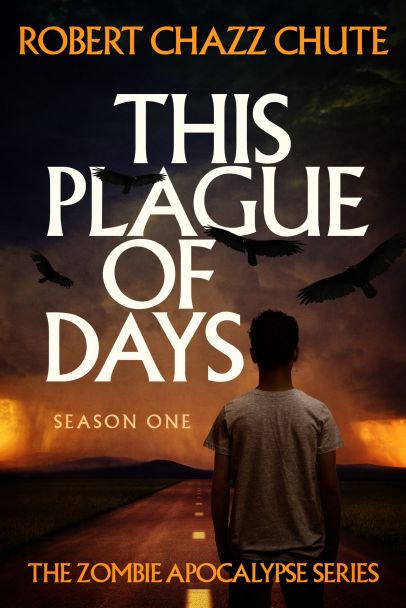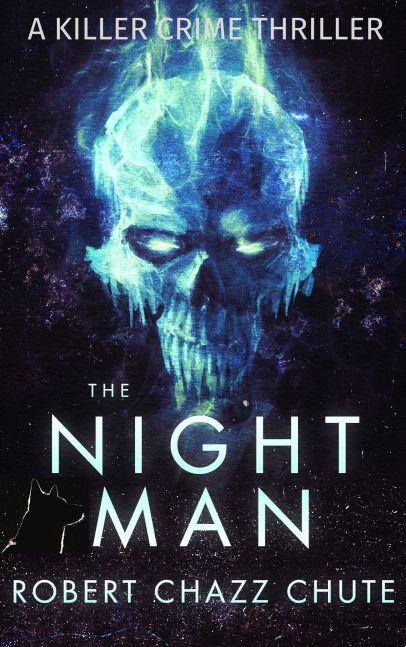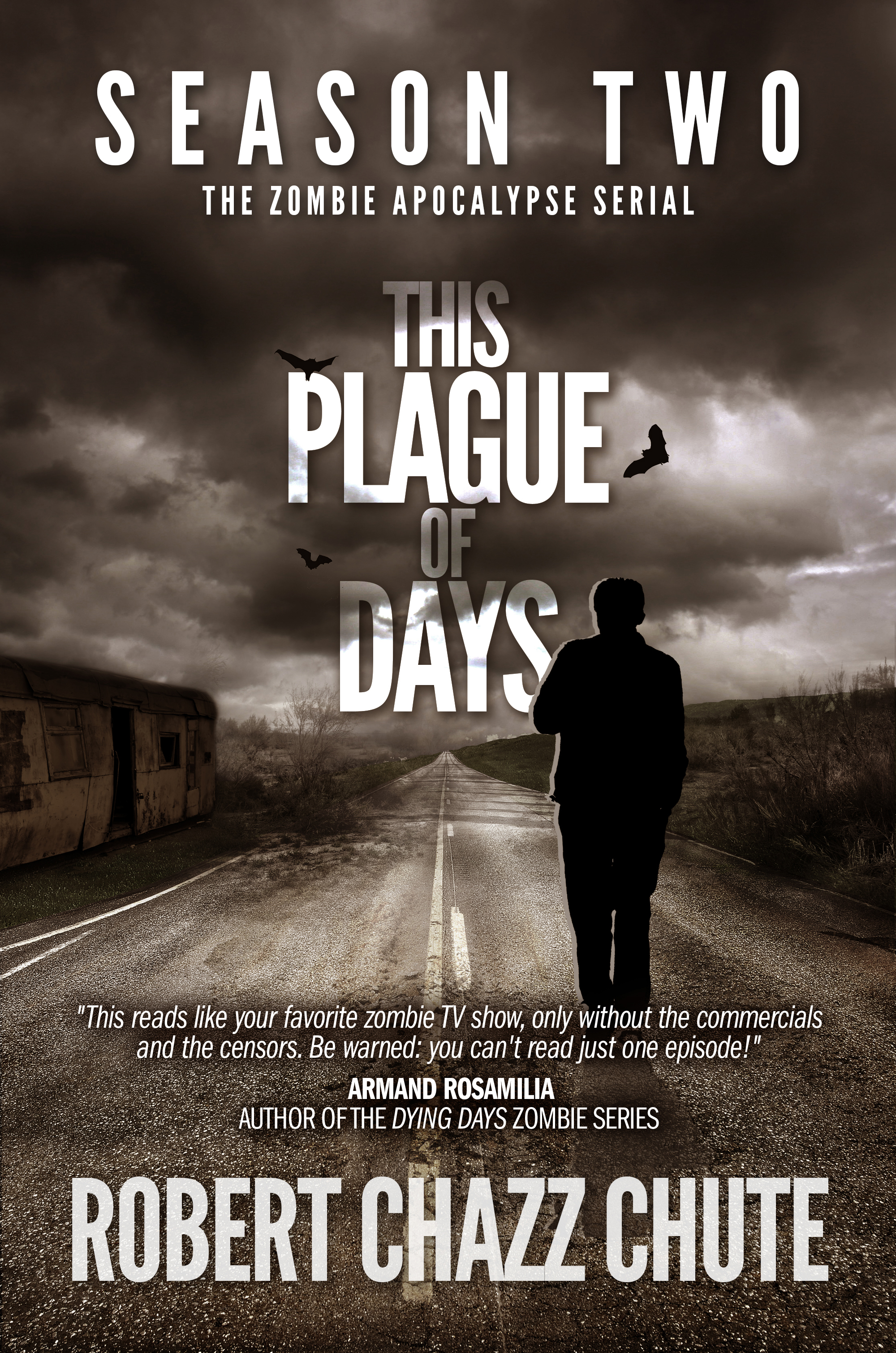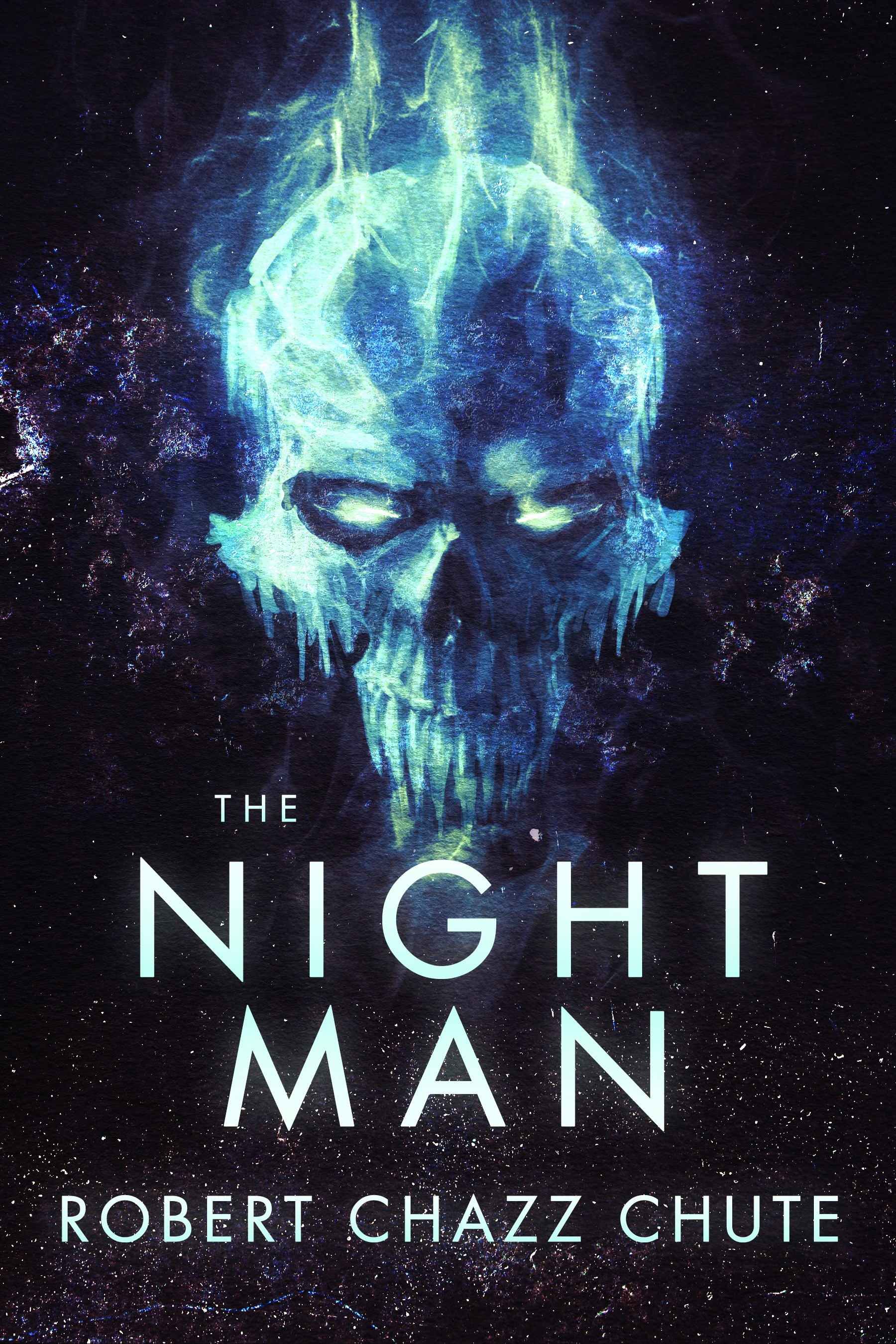1. Problem: Annoyance when free stops
The beta version of my next book, The Haunting Lessons is on Wattpad for free. However, Christmas is here and I’ve got bills to pay and children who expect presents on Christmas morning. Odd, huh? Greedy little creatures.
I can’t leave it on Wattpad for free while I’m selling it elsewhere. Naturally, my first worry is that I’ll annoy Wattpad readers when I pull it on December 15th. I once saw a Wattpad reader characterize a writer’s move from free to paid as “a cash grab.” Ye gods! Alfred! My cape! My cowl! Polish my batarangs! Tonight I hunt Entitlement to its lair!
So, yeah. That’s a problem, but let’s not overstate it. It’s probably a minor quibble. Most people are reasonable. They’ll take an inch, but that doesn’t really mean they’ll take your shirt and your shoes, too.
Solution: Make concessions
I have warned readers on Wattpad that THL won’t be there long (though some will miss that warning.)
When I pull it and publish on Amazon, I could put the book into KDP Select and offer it for free for a couple of my five free days. That’s one way to get more reviews faster. However, that ambition will be hampered because I won’t be able to promote it anywhere (except my network). We can’t promote effectively without a bunch of reviews.
Question: Anybody know of an effective book promotion service that really moves books on the first day without requiring 10-15+ reviews? Anybody want to invent one?
Alternate solution: Expand beta read team.
Also send out more ARCs to avoid this conundrum.
2. Problem: Time
Though The Haunting Lessons is the first book in a series, the next books are not yet written. Many authors find making the first book free in a series attracts the power of discovery, gets true fans and raises sales of the books. Yes, but that’s not helpful until I have at least three books in the Ghosts and Demons Series.
Confession: I’m uncomfortable with perma-free.
Making a book perma-free is an unreliable and unpredictable process. It can be reversed, but that’s also unreliable and unpredictable. It all takes time and, of course, every book is a massive investment of energy. Perma-free does feel like lost sales no matter how much I tell myself it’s an investment in advertising and promotion. (More on those feelings below.)
Solution to the Time Problem: Compose, produce, ship
I’ll write the next books in the series fast and include a CTA (Call to Action) for similar books in my list. People who liked This Plague of Days will have a great time with The Haunting Lessons and vice versa.
This dovetails with a strategy that is long overdue for me: stop being stubborn and write a lot of books in one genre. Expect more horror/urban fantasy from me in 2015 and fewer crime thrillers.
Alternate solution: Invent a time machine.
Write the entire series ten years ago. Mental note: invest in Google, Facebook and Apple.
3. Problem: Logistics
Coordinating giveaways is a logistical nightmare if you’re on multiple platforms. Change a price on Amazon in the morning and the price change takes effect the same day. On other platforms (and especially if you publish through Smashwords), price drops and rises can take days to weeks and you’re never even sure when the new price will take effect.
Solution: Improvement by the competition
It helps if you publish to those multiple platforms directly instead of going through an intermediator. Uploading individually instead of going through Smashwords or Draft2Digital will also take time, so there’s always a caveat and a corollary. That’s about all we can do, though.
The solution is not in our hands. It’s up to the other sales platforms to match Amazon’s response time. Those platforms also have to work on their problems with discoverability. I tried to find a friend’s book on Barnes & Noble and Kobo the other day. It took two searches. For searchability and discoverability, Apple is probably the worst. They are also the least user-friendly for uploading and publishing.
4. Problem: When free is worth nothing
A lot of people will snap up free but they’re hoarding. They never get around to reading the book. I do that myself.
Though it still kind of sucks, I prefer 99 cents as an introductory price for a series (Season One of This Plague of Days is set at 99 cents.) It’s not about the 30 cents I might get for selling a 100,000-word book. It’s that people are more likely to actually read it if they make that minimal investment. It’s the shopping cart analogy from my previous post: just a quarter is enough to stop a lot of people from walking off with shopping carts.
Solution: Reach the masses
Free is used best when it’s leveraged by the power of promotional platforms like Bookbub. There are many more such services but Bookbub is still the big dog at the moment. You can argue Bookbub is hard to get into and provides less value than it once did, but it does appear to reach more readers than any other service.
Go to AuthorMarketingClub.com to use the free submission tool for multiple ebook marketing sites. They’re great additions to a Bookbub promotion and, failing that, might be an alternative. Most of these sites are free or inexpensive. They require application time and a varying number of reviews and ratings. Author Marketing Club tools reduce application time and can even help you get more reviews.
5. Problem: Perception
Some readers think that if it’s free it must be a bad book.
Solution: Over-deliver
Surprise them with a good book and we may even be rewarded in the reviews for overcoming their low expectations. It’s not their fault they don’t understand the problems of indie authors trying to grow our readership. It’s not their problem that they mistake price for value. It’s our problem.
Additional solution: Ignore Mr. and Mrs. Crankypants.
Recently I read a comment in a review where a vituperative minority cast aspersions on indies for daring to write series. If it was a series, it couldn’t possibly be any good. That was an odd and new prejudice to me. But so what? That’s not a reader who’s going to become anyone’s true fan. That’s a bomb thrower and all they love is the sound of their own voice. Forget it. (And if you figure out how to forget it, tell me how you do that. I’m still a boiling cauldron of rage at any injustice and slight.)
6. Problem: The Devaluation Argument
Literature hurts to produce. Squeezing out a novel is excruciating. Surely, we should never gift our books to anyone, even temporarily, in the dim hope we’ll gain new readers who have never heard of us. We’ll send the message that our work is worthless to Mr. and Mrs. Crankypants.
Solution: Get off the fainting couch and get over yourself, Butch.
This is a neurosis writers commit on themselves before any nasty reviewer gets a chance to sneer at us for being entrepreneurial artists and independent publishers. Sure, writing books is hard, but it’s not that hard. If it is that hard, maybe you aren’t enjoying the writing process enough. (I hear crocheting is calming for the sensitive neo-hippie plus you get garish hangers for your potted ferns when you’re done.)
The Devaluation Argument might not be all wrong. I’ve already confessed my discomfort with perma-free. (Yes, there’s the math of it. Math doesn’t stop me from feeling what I feel.) But to cut off the most effective tool for discovery that I know of? That smacks of Self-aggrandizement calling itself But What About the Pricelessness of Literature? Let’s not be so precious about the writing process that we write good books too few ever get to read.
Writers need to promote to be read. Most sales platforms suck at promoting and advertising our work successfully. Until they improve, this is our lot and the value of discovery and growing our readership is going to cost us. We have to suck it up.
Alternate Solution 1: Reframe the problem
When you give your book away, that’s generous. A lot of people don’t have money for an entertainment budget and you’re helping them out. That feels good doesn’t it?
Alternate Solution 2: Go back to the math despite how you feel
This week I consulted with an author whose ebook was priced at $9.99. I suggested he drop the price.
The author frowned so we went to Amazon’s pricing tool. It’s in beta but it’s interesting and can be useful. I don’t set all my prices by it, but I do pay attention to it. You’ll find it on the Rights and Pricing page of your KDP Select Dashboard.
At $3.99, the tool predicts that his profits will rise by over 400%. How do they do it? Volume. Free promotions create volume and inertia, too. Better than doing nothing, right?
Alternate Solution 3: Know that many people are price sensitive for good reasons
One guy told me recently, “I don’t pay attention to price. If I want a book, I buy it.”
I nodded. What I didn’t say was, “Yeah, but, dude! You’re rich. You didn’t ask the salesperson what your new car would cost.”
Some of those same price-sensitive people will become true fans, and buyers, once you demonstrate that you and your work are worth their time and investment. Without free, a lot of them won’t give you the chance to prove your writing’s worth. Think long-term.
Give coy readers a chance to fall in love with what you do. And why wouldn’t they? You’re adorable.
~ The Christmas thing is happening. You’ll find all my ebooks and paperbacks here. I’d appreciate it if you bought a book or fifteen. Thanks!
Filed under: author platform, free ebooks, Publicity & Promotion, publishing, readers, Amazon, Apple, book giveaways, fantasy, free ebooks, free promotion, giveaways, Haunting Lessons, horror, How to sell books, how to sell books using free, Plague of Days, publishing, reviews, Robert Chazz Chute, selling books, the power of free, Wattpad, writers, writing



